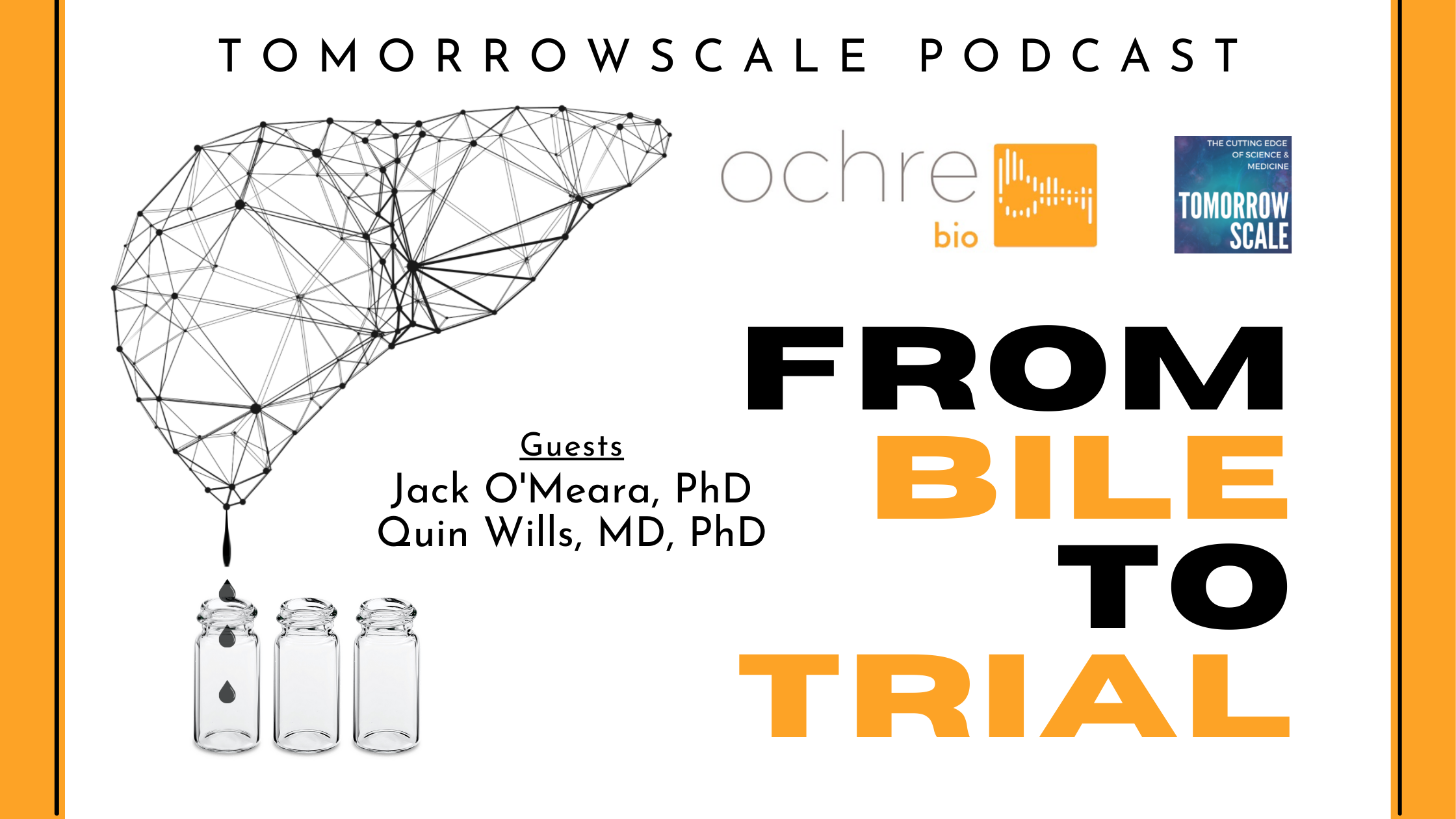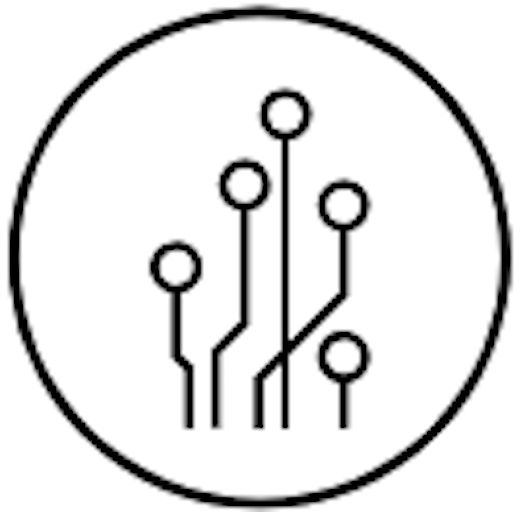
From Bile to Trial - Ochre Bio
On this episode, Ochre Bio co-founders join us to discuss turning discarded organs into a goldmine of biological insight with deep phenotypics that enables the company to pan for fine-grained expression of all the genes across millions of individual cells from different locations across an organ, and connect those signals to specific disease processes within cells.
The need Ochre Bio is addressing initially is literally piling up, but is still difficult to access. Every year, tens of thousands of organs are recovered for human transplantation, but a huge number—thousands of livers, kidneys, and other organs—are evaluated as unfit for use due to quality control issues: damage and/or disease. Two scientific entrepreneurs with lofty ambitions saw an opportunity to utilize those discarded livers as tools to accelerate drug discovery and development, and decided to join forces and co-found Ochre Bio.
Jack O’Meara, PhD is CEO, and Quin Wills, MD, PhD, is CSO of Ochre Bio, and their team includes teams across three labs on two continents. The Ochre team’s aim is to improve the quality and number of eligible transplant organs through the use of siRNA therapeutics administered ex vivo, discovered through deep phenotyping on data derived from over a thousand rejected transplant livers and counting. Next, they hope to quickly translate those same compounds into human clinical trials for a wide range of liver diseases in patients with high unmet needs.
This episode is a ton of fun, and it was a blast to speak with both Jack and Quin about the company, founding story, and challenges and tips for success for scaling and solving hard technical problems for startup teams across multiple locations.
This is the TomorrowScale podcast. Hosted by Justin Briggs.
Listen on Your Favorite Podcast App
The TomorrowScale Podcast was created to showcase scientists and entrepreneurs who are building science-based businesses, and to hear stories from the benches and in the trenches of research & development. The views expressed by the host and guests are their own, and the content of this show should not be considered legal, tax, or investing advice. Thanks to our guests for sharing their time and knowledge with us. Thank you for listening. Please science responsibly.
 Never miss an episode - Subscribe to our newsletter
Never miss an episode - Subscribe to our newsletter